交流测功机是电机制造和产品开发中使用的重要性能测试设备. 它模拟并调节电机的负载以评估其性能特征.
交流电力测功机系统由测试电机和四象限变频单元组成. 此外,这种先进的变频技术可实现所有四个象限的精确控制, 允许测功机在各种运行条件下作为电机的测试负载.
Econo Test 提供专为各种测试应用而设计的全系列测功机, 其中来自内燃机, 此外,它们还适用于电动和混合动力汽车系统. 我们的解决方案适合小型电动工具, 大型电动机, 越野柴油发动机, 船用发动机, 完整的传动系统, 集成电力驱动系统, 电动车轴, 以及电动汽车变速箱等核心电气化部件.
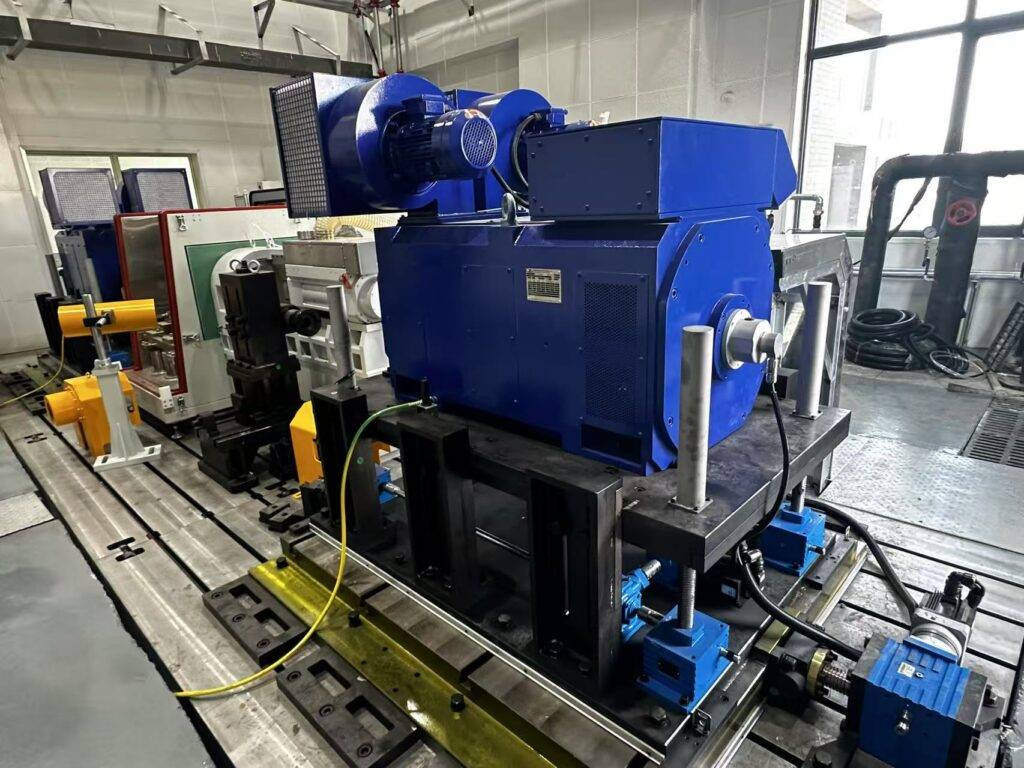
此外, 我们的交流测功机经过精心设计,可适应各种发动机类型, 从紧凑型越野发动机到大功率工业发动机, 功率容量范围从 10 千瓦至 2,000 KW. 它们非常适合发动机认证, 校准, 研究与开发, 和下线测试, 满足重型应用的严格要求.
空载测试, 额定测试, 峰值扭矩, 峰值速度, 耐久性测试, 温升测试, 扭矩波动, 速度波动, 反电动势测试, T-N曲线测试, 电机启动测试, 频率响应带宽, 驾驶员性能测试, 效率图 (地图), 前进/后退速度差率,
电时间常数, 扭矩控制响应时间, 速度控制响应时间, 动态位置跟踪误差, 制动力矩测试, 调速率, d-q轴电感, 堵转测试, 效率测试, 超速, 热阻, 惯性模拟, 机电时间常数.
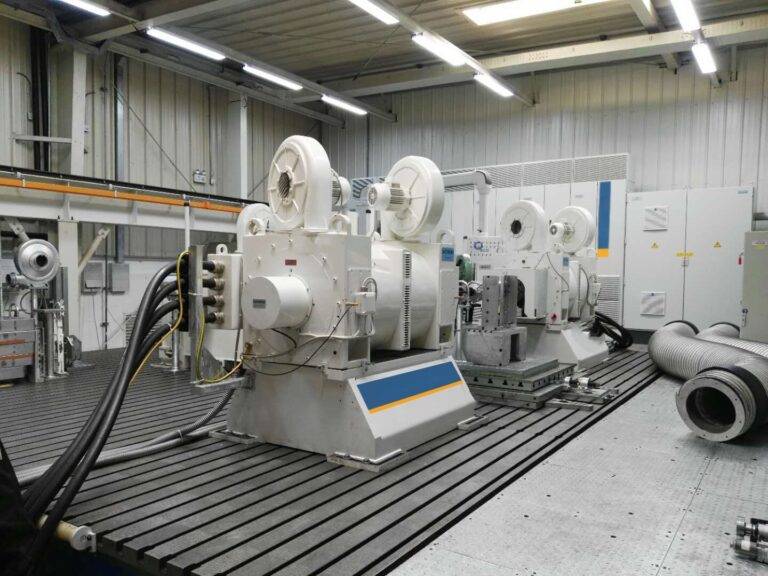
空调 测功机 用于发动机测试,由异步交流感应测功机组成, 搭配4Q变频柜, 提供评估动态的专业解决方案, 此外,瞬态发动机应用具有高精度.
与附加配件结合使用时, 该系统确保了专业级的测试能力, 使其成为当前和未来几代内燃机和混合动力发动机的理想选择.
该测功机系列在总拥有成本和性能之间实现了理想的平衡.
通过结合可靠, 具有创新设计的成熟组件, 它在各种性能等级中提供出色的功率覆盖范围. 这意味着需要更少类型的测试设备, 带来更大的灵活性和成本效益. 其先进的扭矩惯量比使其非常适合测试最新的发动机技术.
变频器柜包括一个连接控制器的高速接口, 实现快速扭矩变化,模拟真实的车辆负载转换.
高精度扭矩和速度监控确保负载条件可重复且可靠, 对于准确的发动机测试也至关重要. 该设计支持连续运行, 保证最佳的测试设备效率并促进发动机开发的快速进展.
这个的一个关键特点 交流测功机 系列是其卓越的速度和扭矩能力范围. 此外,每个单元都设计用于处理各种测试场景, 与变速箱配合使用时会变得更加有效. 这种多功能性使用户能够实现高额定扭矩和综合测试所需的速度, 使其成为变速箱性能评估等应用的理想选择, 传动系统效率分析, 和耐久性测试.
其灵活性使交流测功机系列成为各行业工程师和研究人员的必备工具.此外, 该交流测功机特别适合测试重型机械应用中的车轴和传动系统. 能够支持多种设备的测试, 此外 包括拖拉机, 分级员, 推土机, 压实机, 挖掘机, 铰接式自卸车, 和装载机. 凭借其强大的扭矩和速度能力, 该测功机系列确保重型机械可以在真实条件下接受严格测试, 帮助提高绩效, 耐用性, 以及现场的整体可靠性.
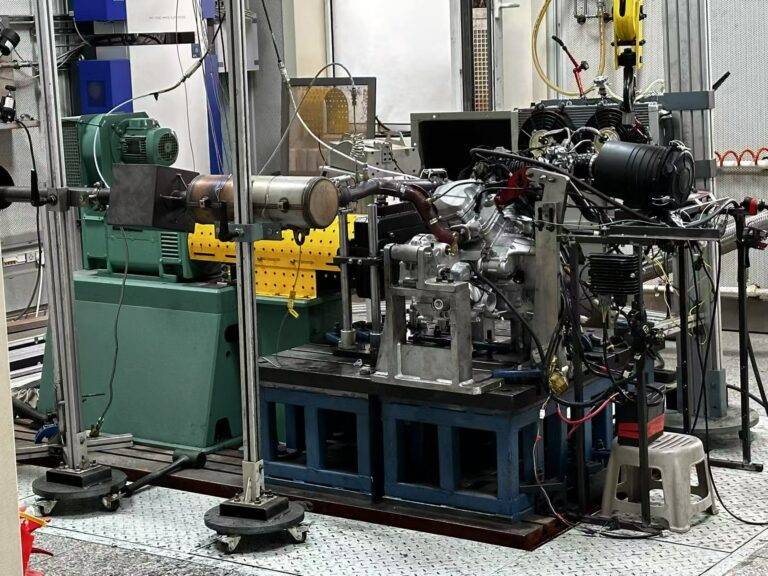
选择交流测功机试验台时, 考虑以下因素:
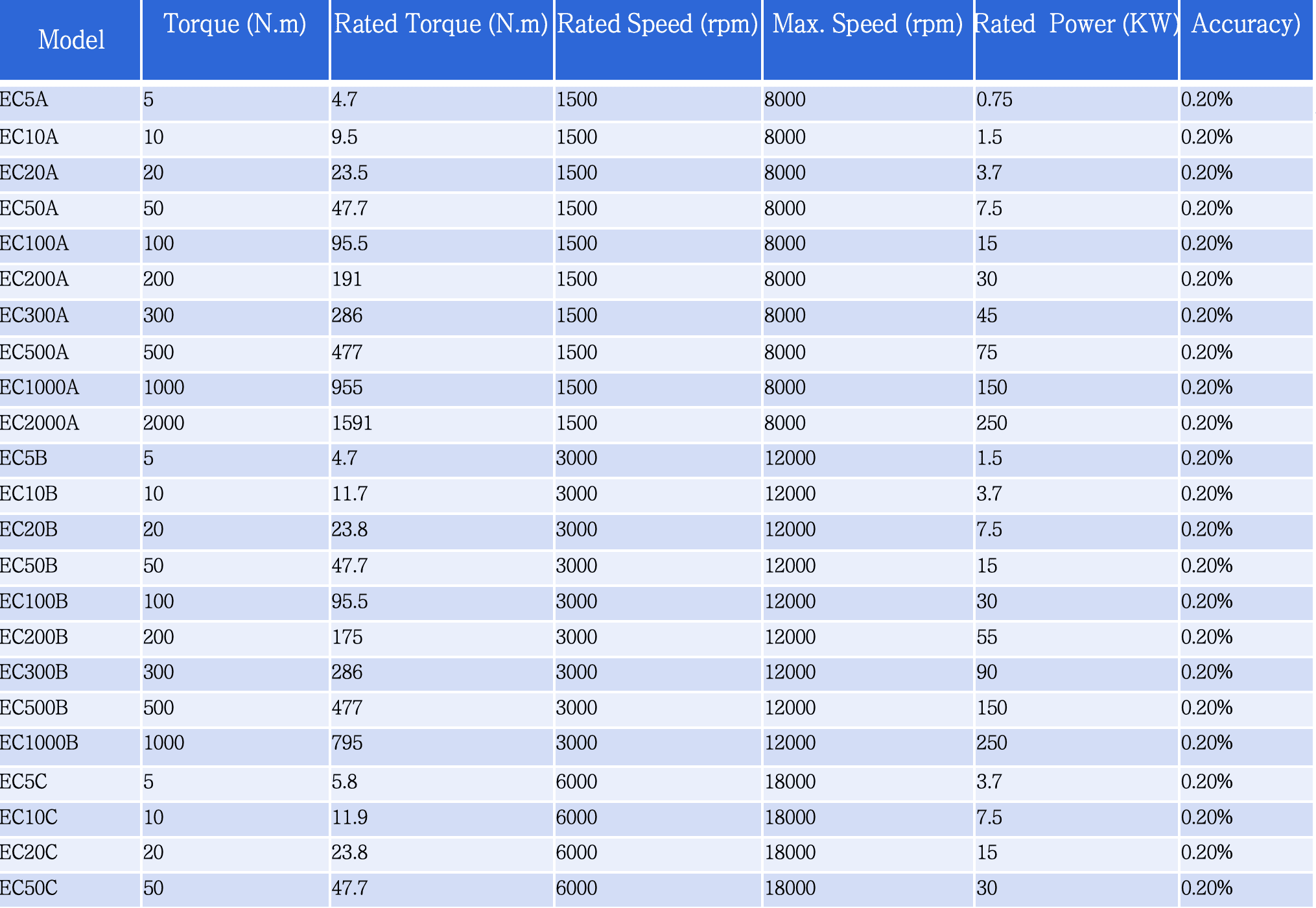
一个 发动机 测试台 可用于测试各种类型的电动机, 每个都有自己的一套测试要求. 可以在这些台架上测试的主要电机类型包括:
1. 交流电机 (交流电机):
测试台能力: 交流电机测试台可以测量功率等参数, 扭矩, 速度, 效率, 功率因数, 以及各种负载和条件下的电流/电压特性.
2. 直流电机 (直流电机):
测试台能力: 直流电机测试台可测量电流, 电压, 速度, 扭矩, 力量, 和效率, 具有针对有刷和无刷配置的特定测试方法.
3. 高速电机:
测试台能力: 高速电机测试台设计用于测量电机在高转速下的性能, 包括振动分析, 噪音水平, 和不同速度下的效率.
4. 步进电机:
测试台能力: 这些测试台用于测试准确性, 扭矩, 速度, 步进电机的精度和精度, 确保它们满足运动控制的特定要求.
5. 同步电机 (交流和直流):
测试台能力: 同步电机需要精确控制速度和扭矩, 通常在不同的负载条件下进行测试,以验证稳定性和效率.
6. 通用电机:
测试台能力: 通用电机的电机测试台将测试交流和直流输入下的性能, 检查速度, 扭矩, 和功耗.
7. 伺服电机:
测试台能力: 伺服电机测试台可测试动态响应, 位置控制, 速度控制, 和受控负载下的扭矩输出, 提供闭环系统中电机性能的数据.
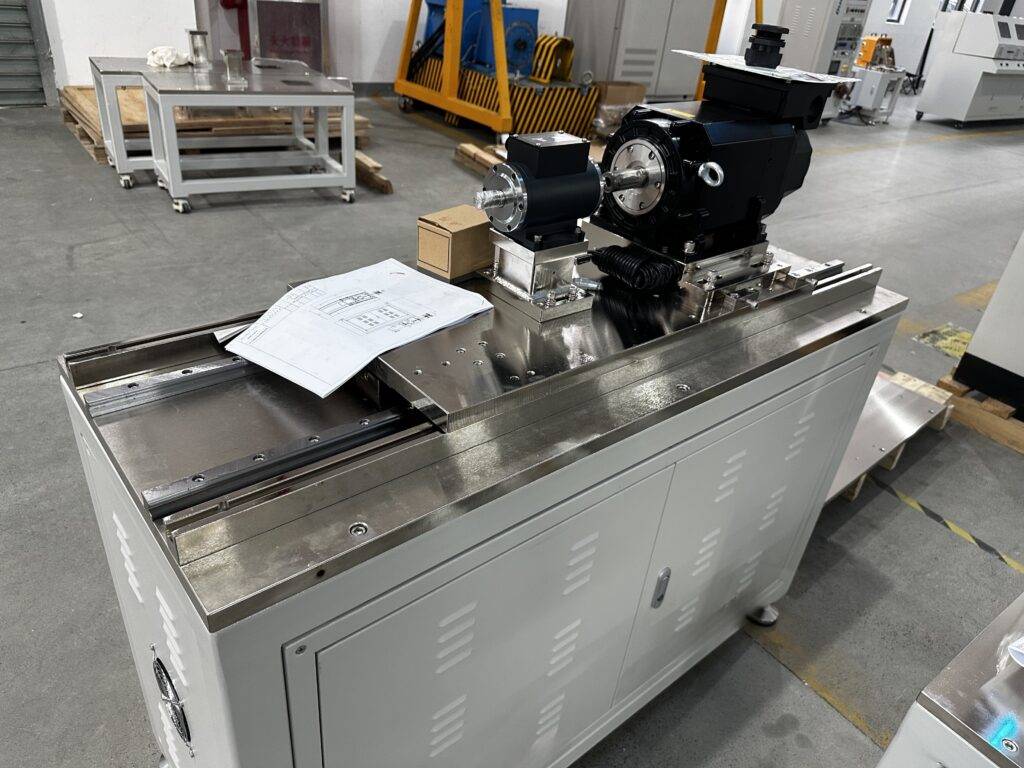
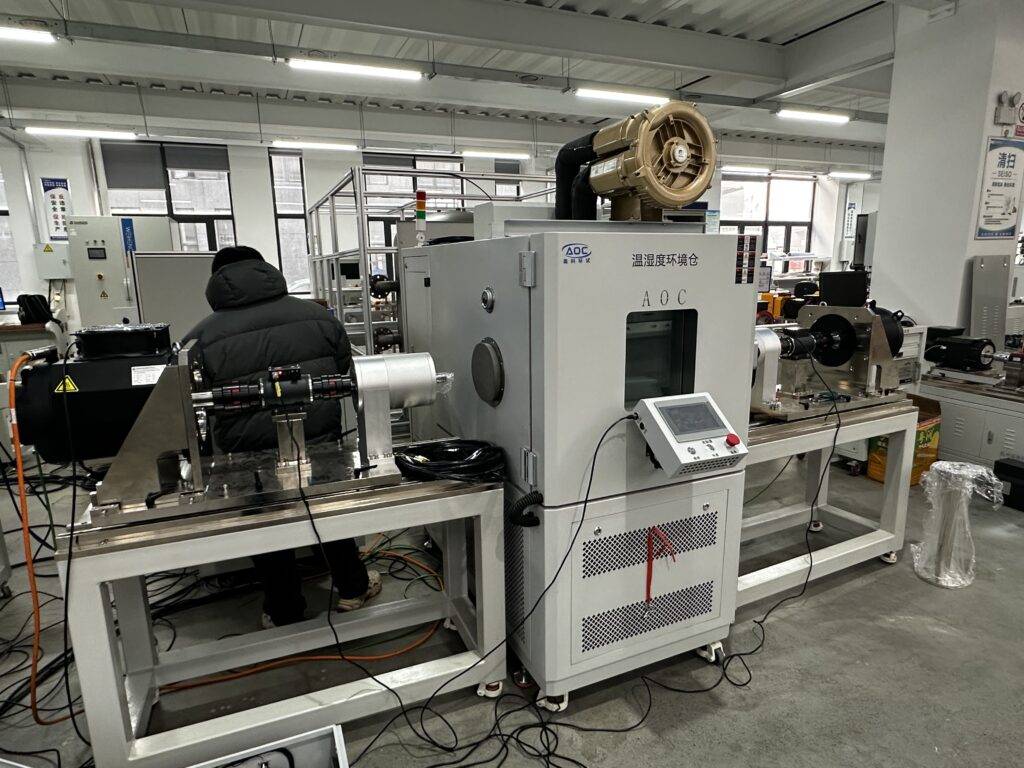
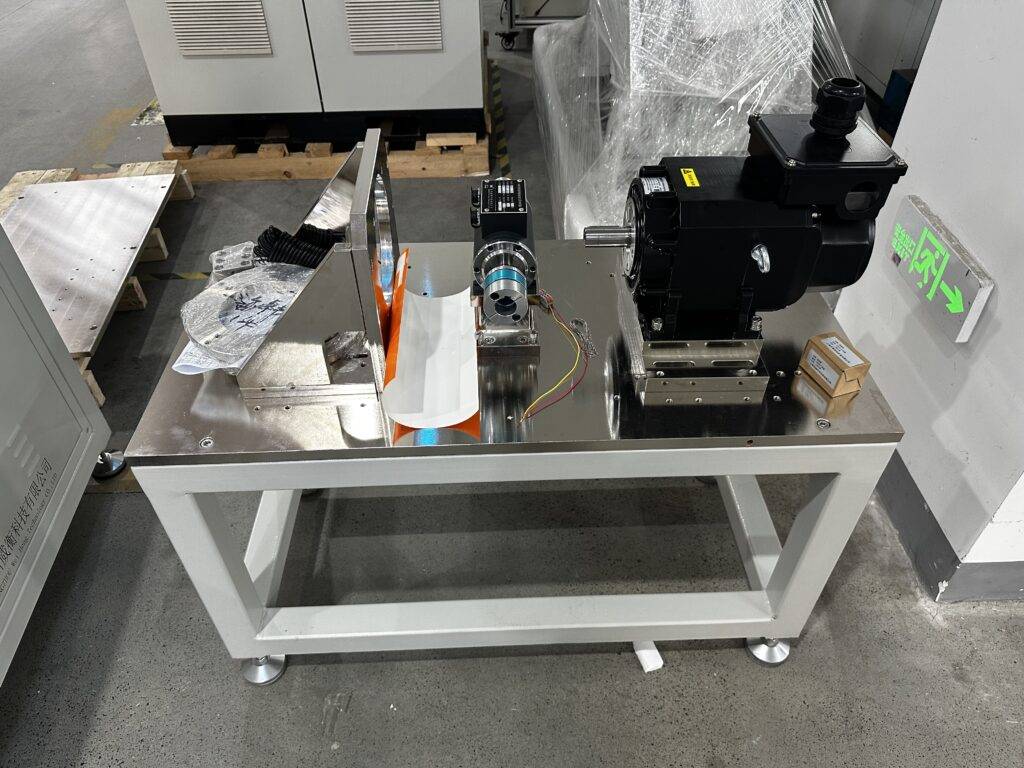
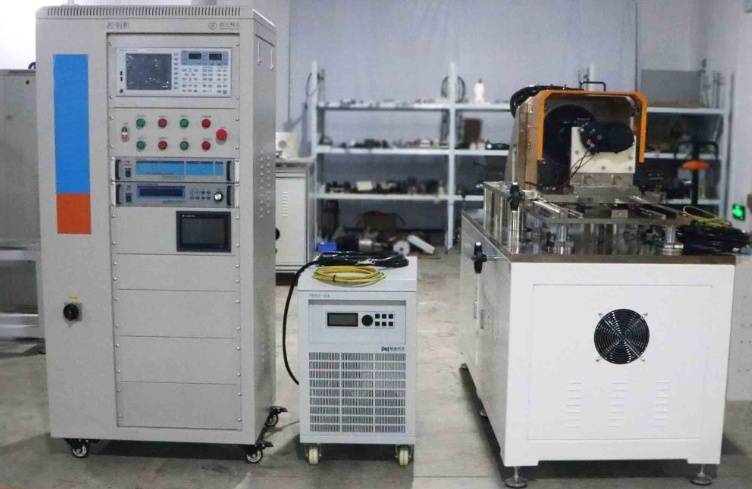
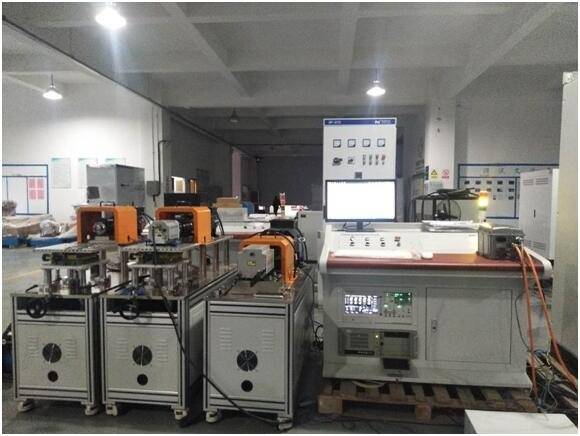
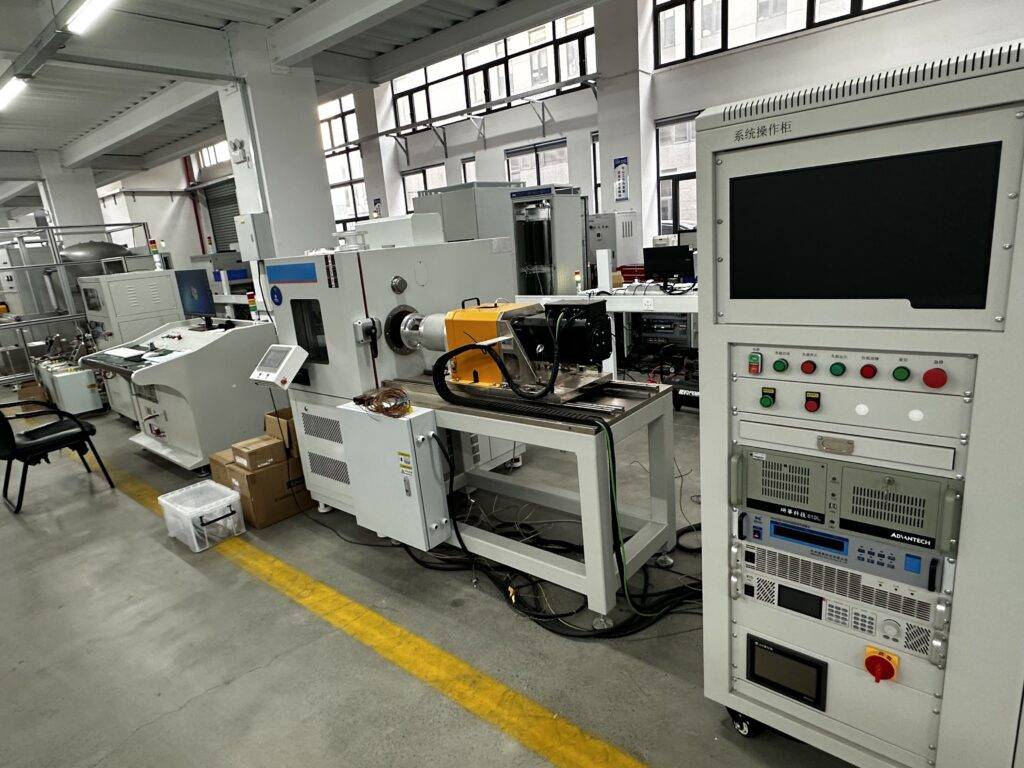
如有任何疑问或支持, 请通过电子邮件联系 [email protected].
我们的目标是及时回应.
需要立即帮助? 请致电我们 +86 156 1877 0706.
我们的团队随时准备为您提供帮助.
我们欢迎您来参观我们位于 3F, 建筑 2, 小湾路511号, Fengxian, 上海, 中国.
让我们亲自讨论您的需求.